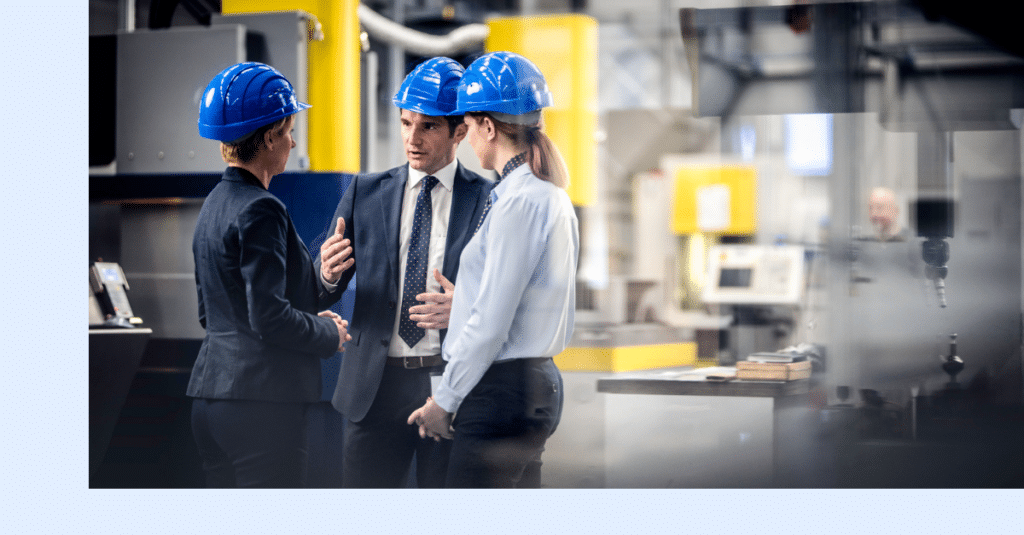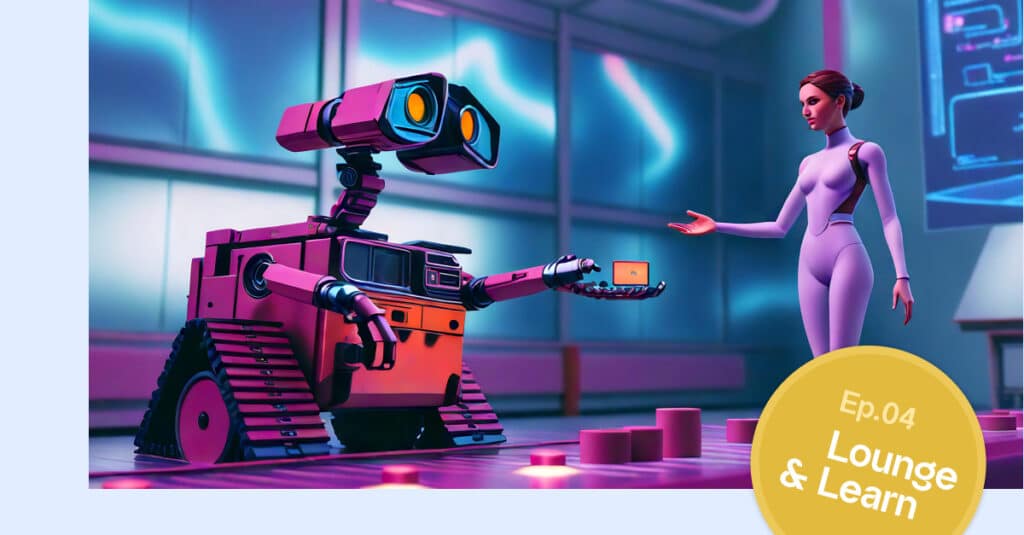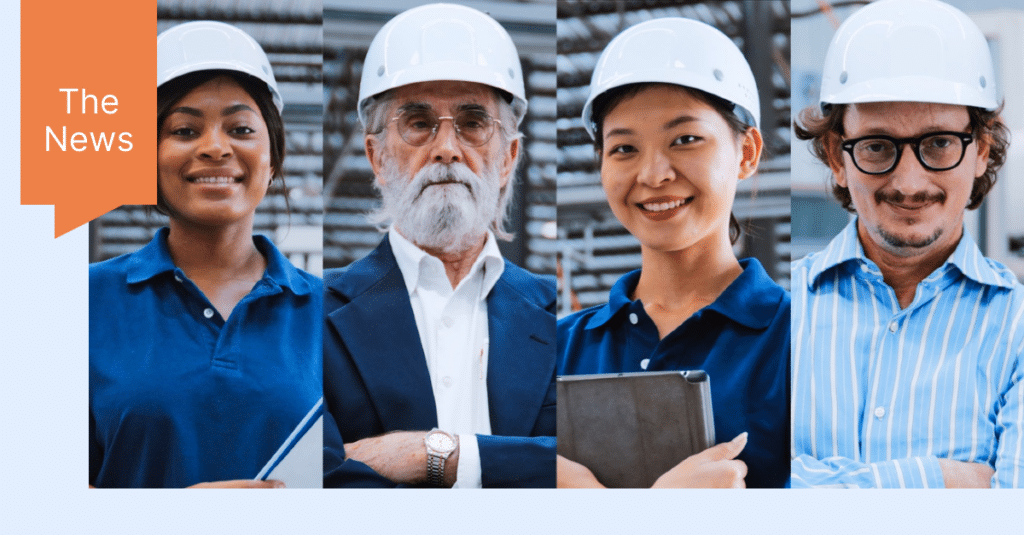
Augury Co-Founder and CEO Saar Yoskovitz travelled to Davos 2023 to explore how manufacturing can become the “lighthouse by which it can help solve the world’s greatest challenges.” In this post, he shares his biggest takeaways.
For five intense – and inspiring – days at World Economic Forum’s (WEF) Annual Meeting in Davos, I was able to listen to and connect with an engaged array of world leaders in government, business and social institutions. What struck me most was how the mood has shifted since the previous WEF Annual Meeting last May.
At the time, things were looking bleak: the world was facing an uncertain recession, the Russia-Ukraine war had just broken out, supply chains were in shambles and “de-globalization” was the most recurrent buzzword. Under these circumstances, any conversation about the environment and investing in sustainability felt like lip-service.
Eight months later, the world seems much more stable: Ukraine is holding up, the energy crisis has been largely averted, global inflation seems under control, and supply chains are building capacity. This brightening scenario enabled much more constructive conversations on how we tackle the world’s biggest challenges. And in this process, I picked up a few insights…
 1) In It Together
1) In It Together
I found it amazing that the challenges of our growing company are very similar to those of the world’s largest and most prestigious companies. We’re all looking for any signs of clarity on the economic climate ahead. All of us are trying to balance a desire for growth with smart decisions on resources. And we are all taking seriously the global challenges around sustainability, workforce transformation and the efficiency and effectiveness of a global industrial and manufacturing base.
And, most importantly perhaps, we all realize progress still comes down to the basics: smart people getting together to sweat out the details, agree on directions, and really put in the effort to make change happen.
2) Tech Is Coming Of Age
With each annual meeting comes a flurry of reports, such as how circular transformation of industries is unlocking new value, how over a hundred ‘Lighthouse Factories’ are showing the way forward to a more sustainable future, and how AI is being applied to both fight climate change and spur growth. And what’s refreshing about these reports is how they are becoming less about what should be done, and more about what is actually happening.
The next phase of this journey is taking our lighthouses – unique examples of success that shine bright – and scaling them throughout the industry. And I am proud to say this all resonates nicely with Augury’s mission: creating a world where the combined work of people and machines makes life better in every way.
3) New Trends: Glocalization and Friendshoring
Last year’s big buzzword de-globalization is off the table. It has been replaced with another one: glocalization. This means we are globally interconnected, but have more localized supply chains. While this is linked to creating more resilience, it’s also related to the fact that alternative energy sources are more local by nature and are harder to transport. For instance, solar energy is generated during the day and wind energy when it’s windy – and currently we have no means of mass storage or transmission. This situation will naturally lead to more decentralization of industry. Factories will go to where the cheapest and greenest energy is available (something we’ve seen play out with data centers in the past).
Another emerging term: friendshoring replacing offshoring. Namely, how do we embrace countries that share our values and limit single-source dependencies as we had in the semiconductor industry? The US/EU IRA and CHIPS bills are a huge step in these directions.
4) Sustainable and Circular Supply Chains Have (Finally) Become A Priority
Spurred by upcoming regulation around carbon reporting, larger companies are prioritizing sustainable and circular supply chains. Scope 3 emission tracking – that takes into account the total footprint of a product by also including the upstream and downstream impacts of its supply chain – is being described as “a nightmare” by some.
It’s certainly tricky. Everyone is scrambling to track it properly but are lacking proper frameworks or tools. Scope 3 is also highly relative between products. For a cement manufacturer, Scope 3 is only 6% of their emissions, but for a food or automotive company it can be 80%. Hence, we must come together as an industry to have the much needed impact.
5) Talent, Talent, Talent
Access to talent remains a huge talking point – but now with a twist. Company investments in new geographies are moving from looking at Labor Cost Arbitrage to Skills Arbitrage. In other words, people are asking: Where can I find talent that can leverage digital tools and automation to be more productive?
Let’s get to work
In short, I left Davos with a deep sense of optimism. We have much better clarity on the challenges ahead and what is required from the industry to overcome them. It won’t be easy, and it will require governments and industries working together, but we have a path forward.
We can do this.
Read ‘Destination Davos: Augury At World Economic Forum’s Annual Meeting’. Or reach out if you want to learn more about our mission.
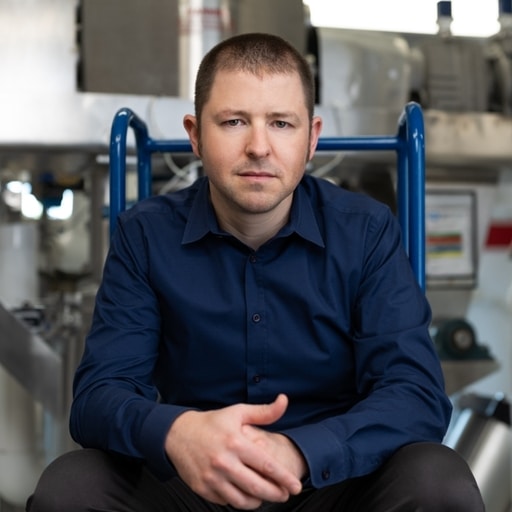
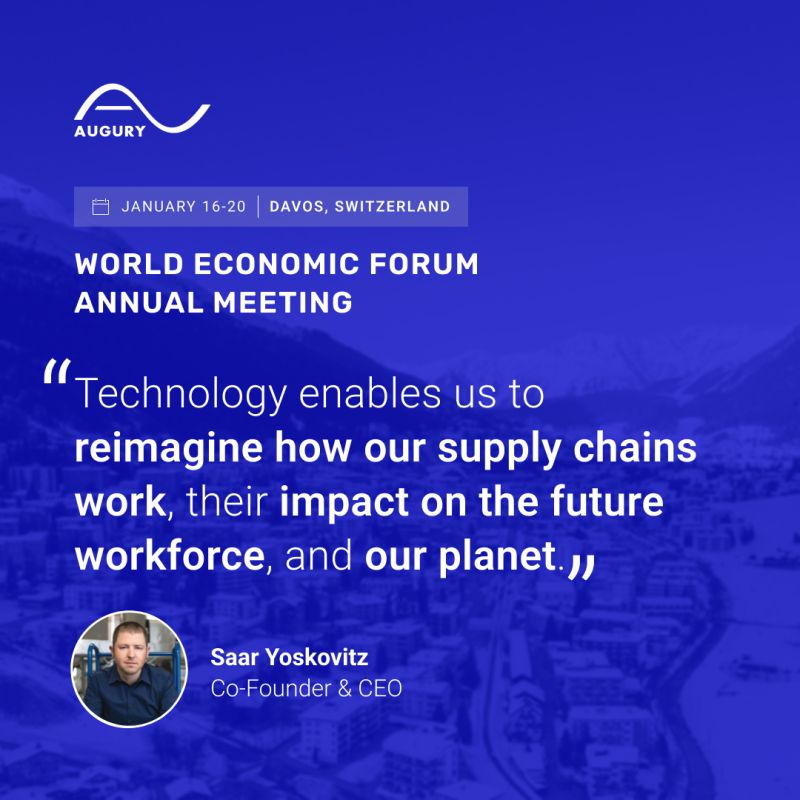 1) In It Together
1) In It Together